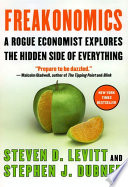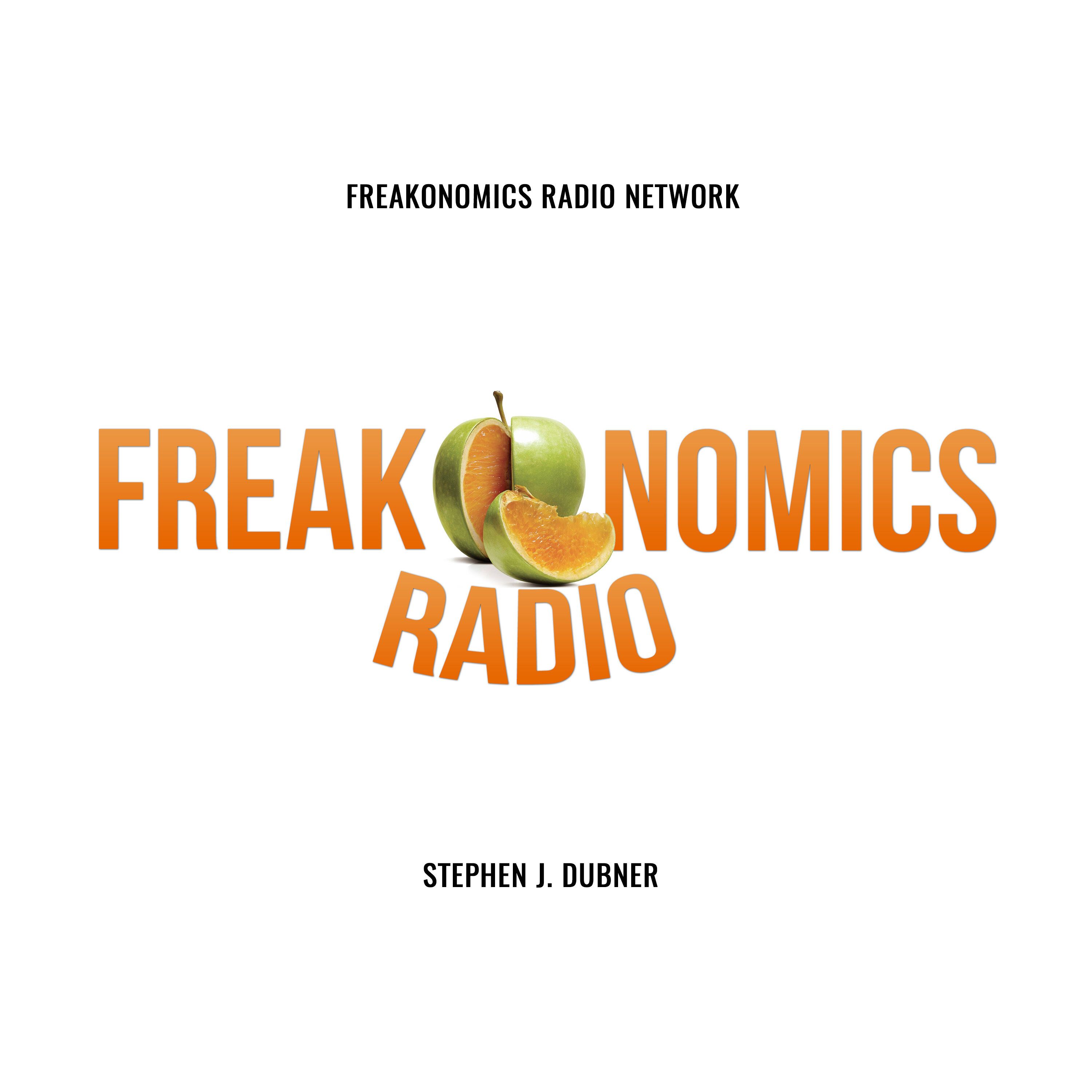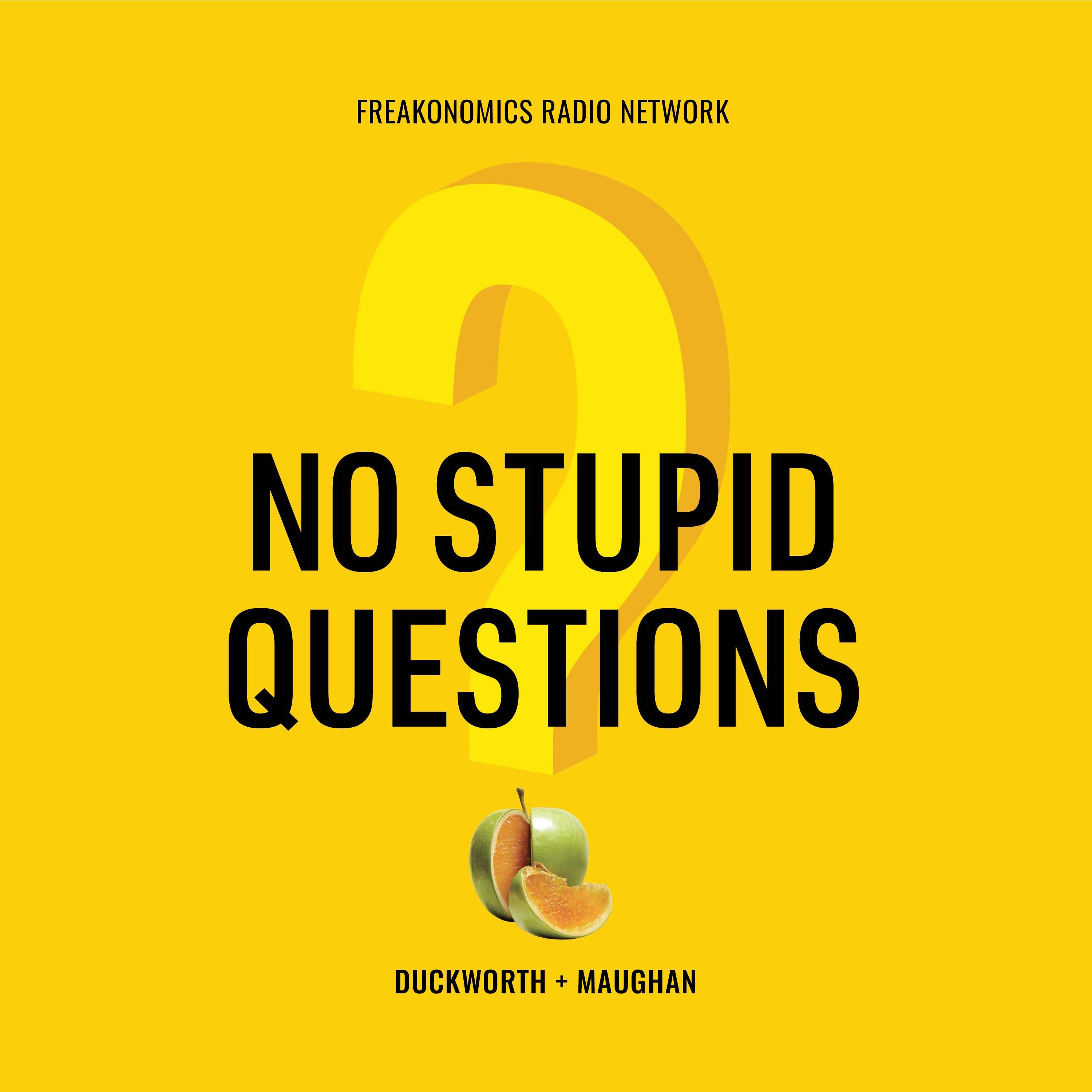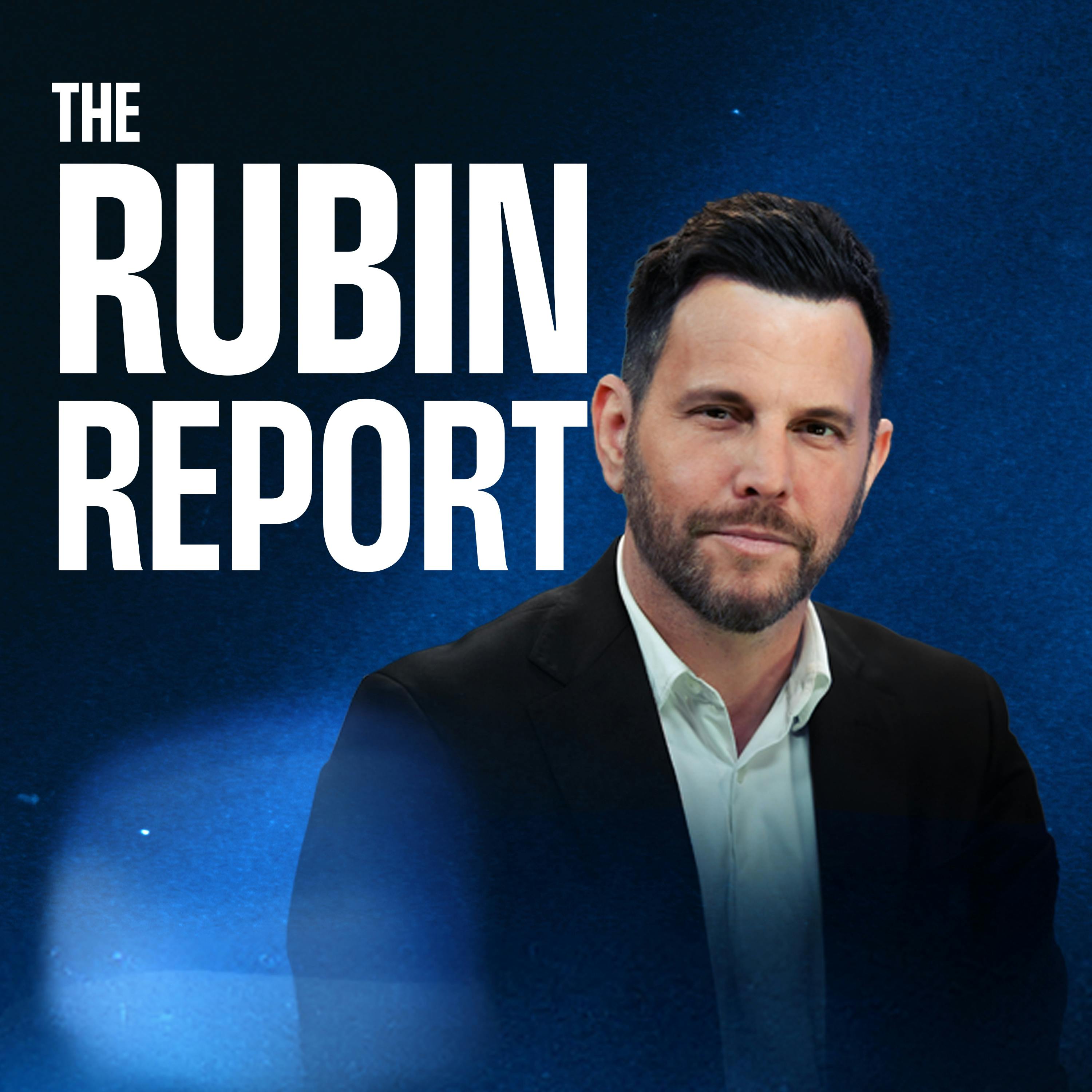Podcasts that mention 📚 Freakonomics by Steven D. Levitt, Stephen J. Dubner

Freakonomics
Mentioned 7 times in 7 episodes across 3 podcasts.
Buy Freakonomics by Steven D. Levitt, Stephen J. Dubner on Amazon
Podcasts that mention Freakonomics by Steven D. Levitt, Stephen J. Dubner

Freakonomics Radio episodes that mention Freakonomics by Steven D. Levitt, Stephen J. Dubner
Episode: Why Is There So Much Fraud in Academia? (Update) | Freakonomics Radio
Published on December 26, 2024
I rarely do this, but today I'm going to start by reading a couple of sentences from Freakonomics, which Steve Levitt and I published in 2005. Cheating, we wrote, may or may not be human nature, but it is certainly a prominent feature in just about every human endeavor.
In a surprising move, the podcast host Stephen J. Dubner begins by reading excerpts from his book "Freakonomics", co-authored with Steve Levitt, published in 2005. He uses this reading to segue into a discussion on the topic of cheating and fraud, linking it to the episode's focus on fraud in academia.
Episode: How Much Do We Really Care About Children? | Freakonomics Radio | Episode 447
Published on January 20, 2023
This was around the time that Levitt and I published our first Freakonomics book
The host mentions publishing their first book, referred to as 'Freakonomics', with co-author Steve Levitt.
Episode: Why the Left Had to Steal the Right's Dark-Money Playbook | Freakonomics Radio | Bonus Episode
Published on January 18, 2023
a person you may recognize if you've read his amazing book gang leader for a day or the chapter in Freakonomics called why do drug dealers live with their moms
The host references a chapter from the book Freakonomics as being based on the guest's research.

No Stupid Questions episodes that mention Freakonomics by Steven D. Levitt, Stephen J. Dubner
Episode: How Do You Know if People Don’t Like You? | No Stupid Questions | Episode 37
Published on January 19, 2023
I do so by then we had two books for economics and super Freakonomics and we'd started Freakonomics radio
Stephen mentions this as one of the books he wrote with Steven Levitt.
Episode: Why Are We So Attracted to Fame? | No Stupid Questions | Episode 41
Published on January 13, 2023
so my most recent sort of brush with actual Fame came several years ago our first book Freakonomics came out
Stephen Dubner mentions his first book, Freakonomics, as the source of a period of increased fame.
Episode: Is Everybody Cheating These Days? | No Stupid Questions | Episode 39
Published on January 13, 2023
and then we also wrote in super Freakonomics about something that might not strike many people's cheating
Stephen Dubner mentions writing about cheating in the book SuperFreakonomics.

The Rubin Report episodes that mention Freakonomics by Steven D. Levitt, Stephen J. Dubner
Episode: Groupthink in Silicon Valley and Tools of Titans | Tim Ferriss | LIFESTYLE | Rubin Report
Published on December 23, 2016
and it makes me think a bit of advice that I got from Steven Dubner author of Freakonomics or co-author at least he collaborates with Steven levit
Tim Ferriss mentions getting advice from Steven Dubner, the author or co-author of Freakonomics, who collaborates with Steven Levitt.
If you’d like to explore more in Freakonomics, you can purchase it here:
Buy Freakonomics by Steven D. Levitt, Stephen J. Dubner on Amazon
